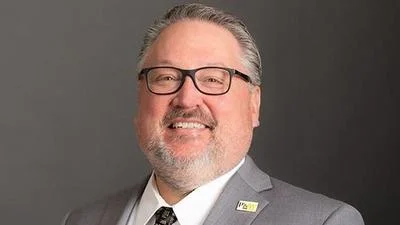Breaking Common Misconceptions About Imaging of the Spine
Low back pain and neck pain are common causes for patients to seek care from a medical provider. 84% of individuals experience low back pain at some point, and around 70% suffer from neck pain.
Patients often will inquire about whether imaging (X-rays & MRIs) is needed when this happens.
Throughout this blog, we will address common misconceptions regarding imaging of the spine.
Misconception: When my back or neck is bothering me, I need imaging
Conservative management should be your first stop when having this. In fact, X-rays, MRIs, or CT scans can lead to expensive, unnecessary interventions, especially in the first six weeks3.
Patients who underwent early imaging were 6x more likely to have surgery, 5x more likely to undergo an injection, and 4x more likely to have an ER visit4, all leading to an unneeded monetary burden on these patients.
Misconception: My MRI will always find what is causing my pain
Imaging often poorly correlates to pain concerning the spine5. Most abnormalities found in imaging for patients who have symptoms are also found in people who do not have symptoms.
Management should be based on symptoms, not on imaging, as the correlation is often poor in non-specific cases of back and neck pain5.
Misconception: My imaging found some disc bulges and protrusions; my back is fragile
The spine is much stronger than we think, and many of these findings when imaging is performed are normal and are just signs of an aging spine6. Often these don’t correspond to symptoms.
In fact, one study examined individuals who did not have any spine symptoms and found that disc degeneration, bulge, and prolapse all increase with age6.
Starting at the age of 20, the positive findings of each were 37%, 30%, and 29%, respectively6. In the oldest population studied, 80 years old, the findings were 96%, 84%, and 43%, respectively6.
These are individuals who are moving around without the symptoms of these findings. Again, the key takeaway is that these findings are NORMAL, and our backs are strong. Movement is medicine and is encouraged!
Misconception: My disc herniation is still there from the imaging I had five years ago
Disc tissues heal themselves over time. In fact, many studies demonstrate that the disc herniations reabsorb over time, and the worse the herniation, the more likely it will reabsorb.
One study followed nine patients and found that spontaneous resorption of the herniated disc was found in all patients in a mean time of 8.7 ± 3.2 months.
All patients recovered clinically in a mean time of 5.7 ± 1.6 weeks by conservative treatment. Large and/or sequestrated discs were associated with rapid resorption7.
Misconception: I cannot start physical therapy unless I have imaging, and if it finds disc herniations, physical therapy won’t help
This misconception is one of the greatest. In fact, physical therapy should be the first stop for you.
Most states have direct access, meaning physical therapy can be your first stop for aches and pains.
A lot of the research supports that physical therapy should be one of the first-line management for spine pain because less than 10% of spine-related pain requires surgery8.
In one study that followed 148,000 patients, it was found that early PT resulted in an 89% reduction in opioid prescriptions for lower back pain and overall reduced costs, reduced surgery, imaging, and emergency department visits9.
Do you have lower back pain or neck pain related to the spine?
Athletico has clinicians who specialize in the treatment of the spine and have undergone training to facilitate better results!
Call your local Athletico and schedule an initial evaluation of free assessment with a physical therapist FIRST to get feeling better faster! Ask for a spine specialist!
Original source can be found here.




 Alerts Sign-up
Alerts Sign-up